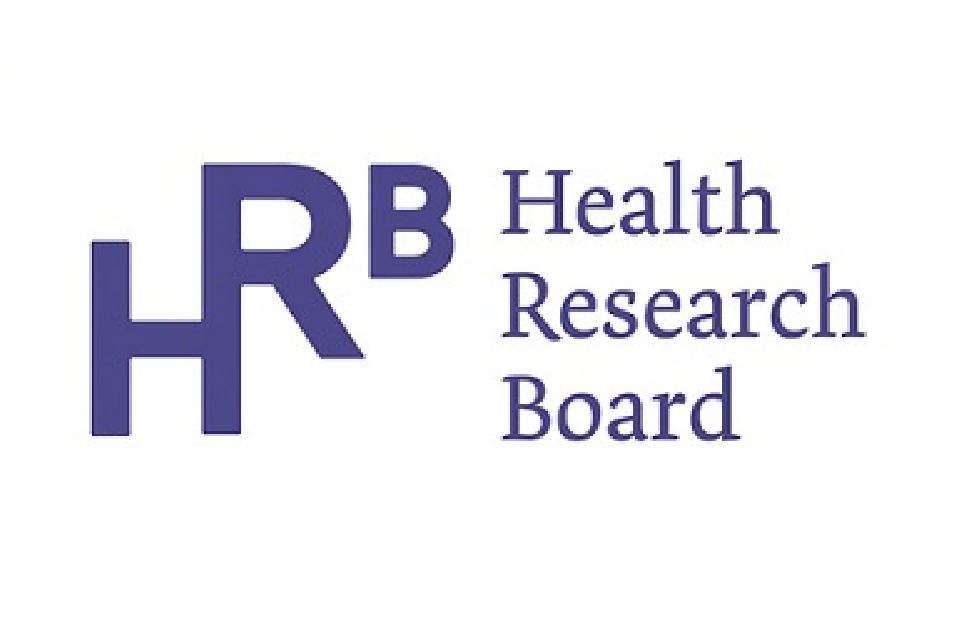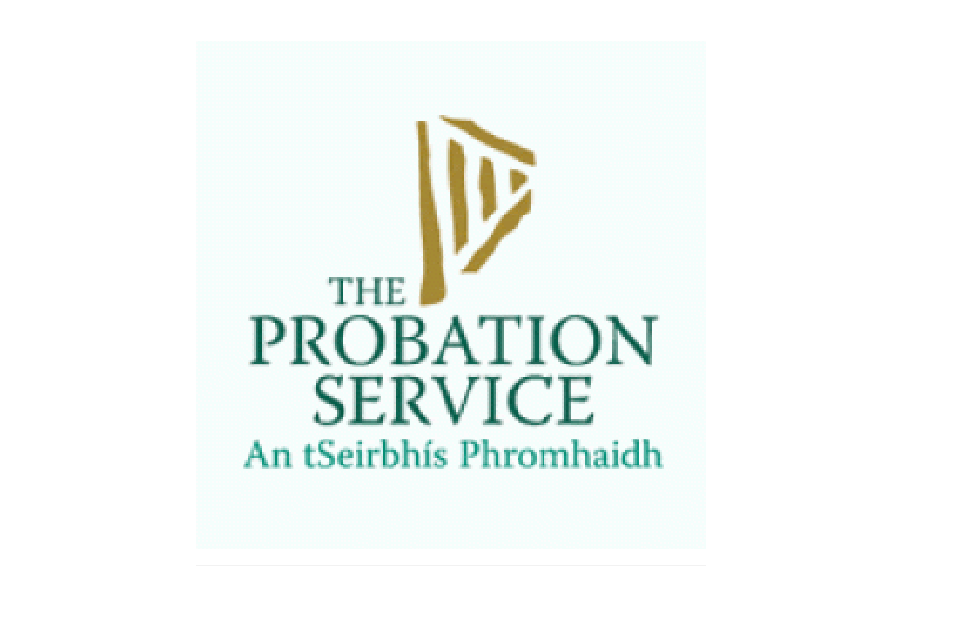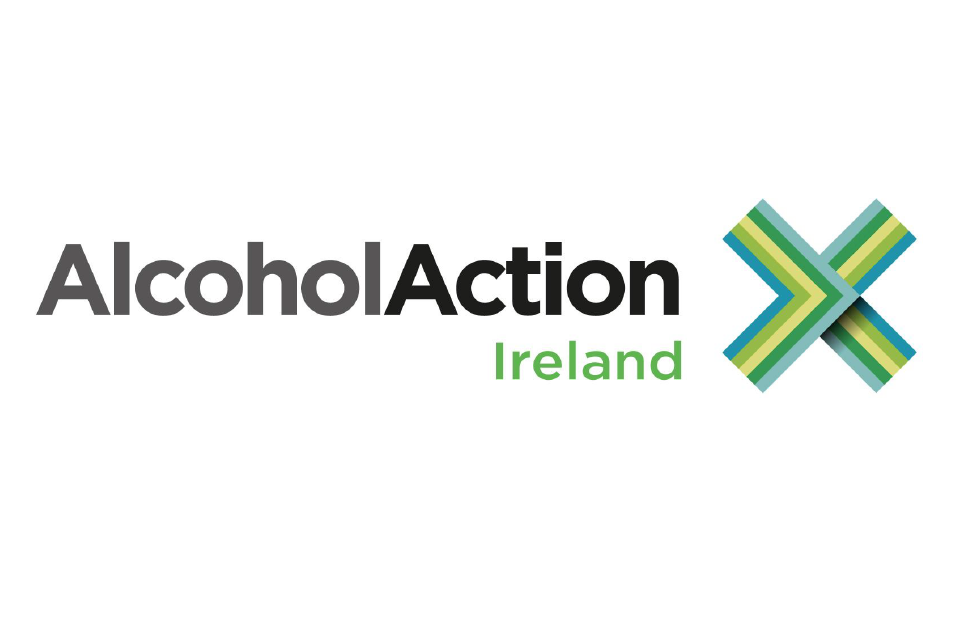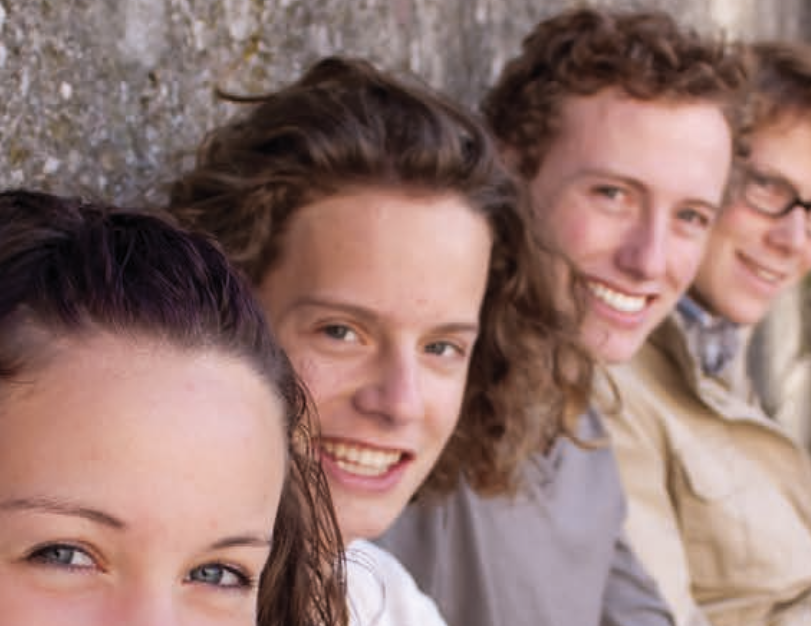
Growing up in Ireland: Key Findings Child Cohort at 17/18 Years – National Longitudinal Study of Children (ESRI)
November 28, 2018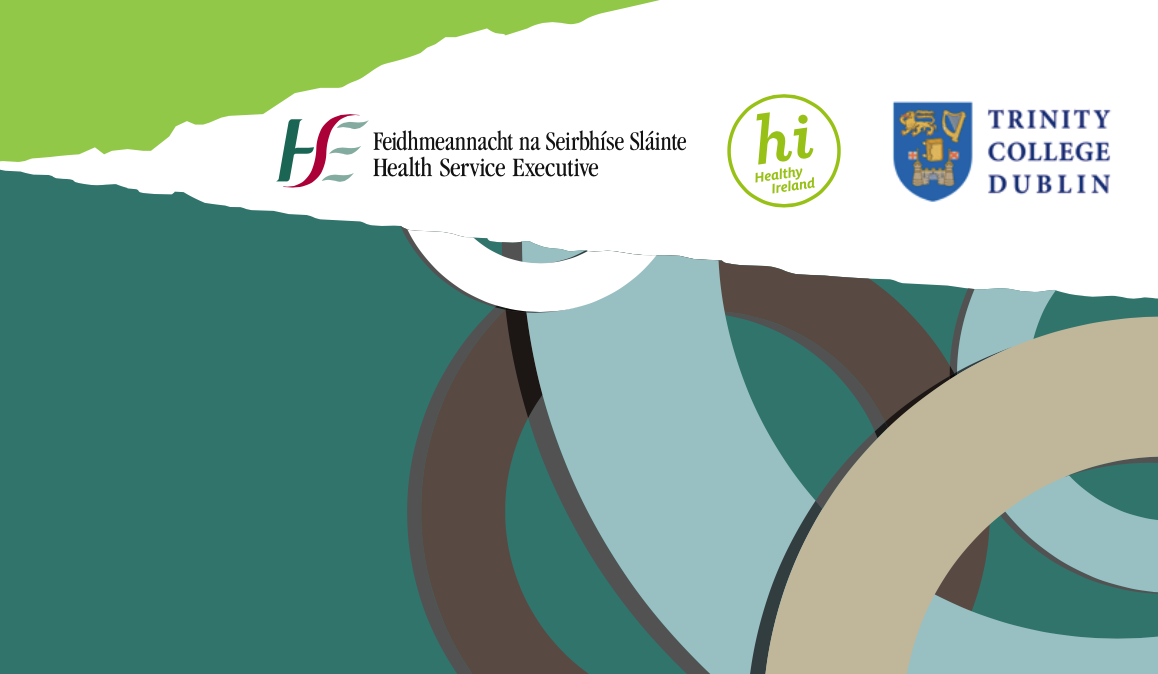
Alcohol’s harm to others in Ireland (HSE)
November 30, 2018This qualitative study explores the intersection of university students’ attitudes to alcohol use and consent to engage in sexual activity. The study was carried out by researchers at the School of Psychology, National University of Ireland, Galway, commissioned by Rape Crisis Network Ireland (RCNI), between March and December, 2013. This report describes:
- The background to the study
- The two qualitative methodologies used to collect and analyse data
- The findings that arose from student reactions to hypothetical scenarios of non-consenting sexual activity, and
- Discusses the findings in respect of the scope to support change in attitudes to alcohol use and consent.
One of the key findings in the extensive RCNI Rape and Justice in Ireland report (Hanley et al., 2009) was the high rate of co-occurrence of heavy drinking with rape, by perpetrators and / or victims. This finding led RCNI to develop a year-long campaign in 2012, titled Calling Time on Sexual Violence and Alcohol. The current study builds on this work to address the links that exist between sexual violence and alcohol use. Internationally, it is recognised that extreme intoxication is a component of how the public understand sexual coercion and rape. For instance, this link underpins a ‘double standard’ attitude, whereby victims are attributed more responsibility if they had been drinking while perpetrators are often perceived as less responsible (Abbey, 2008).
Read more: https://www.rcni.ie/wp-content/uploads/Whats-Consent-Full-A41.pdf


